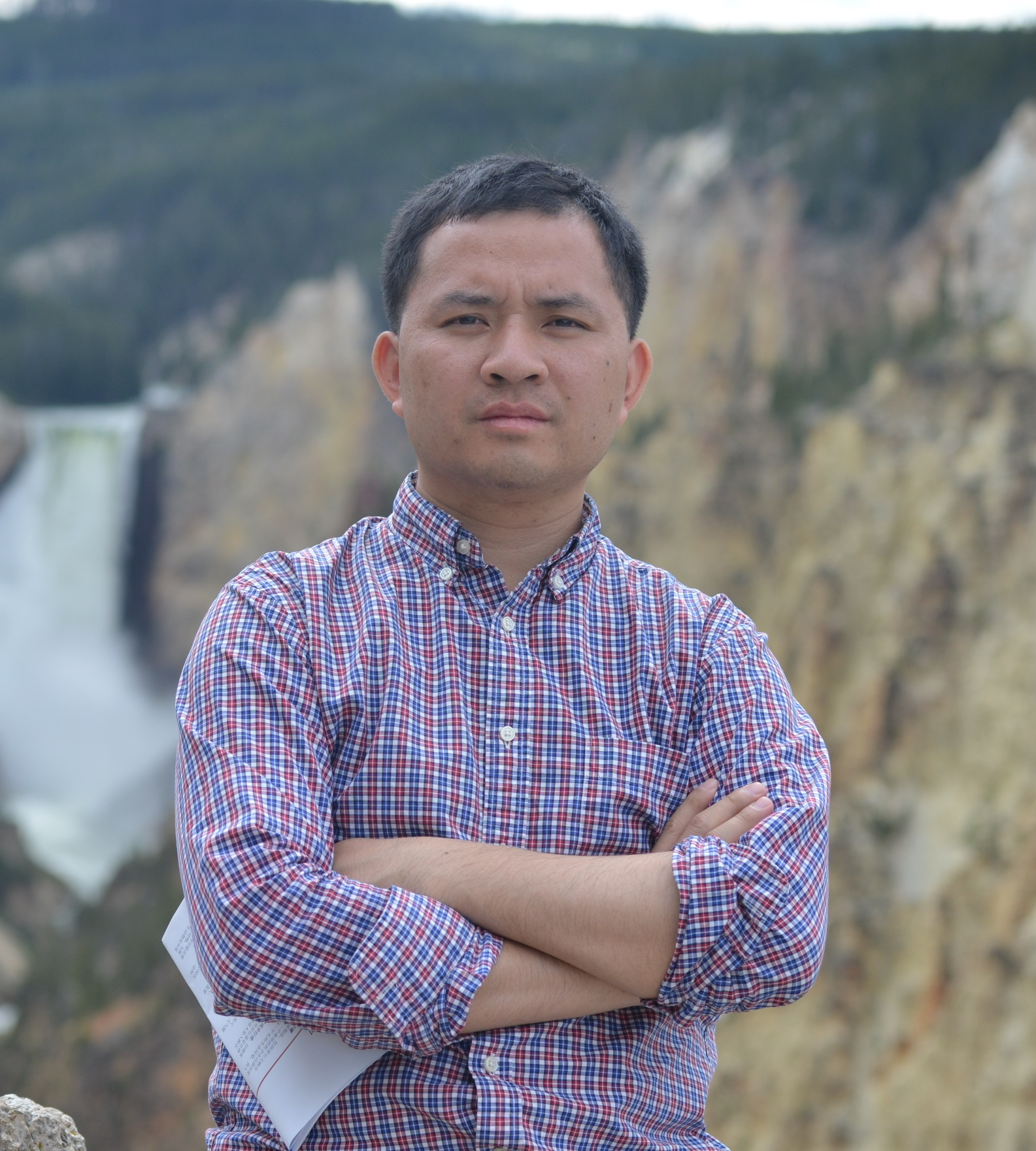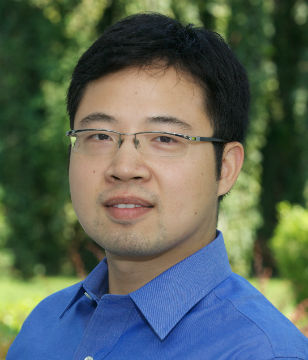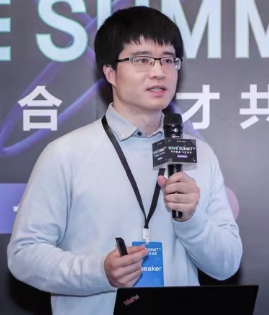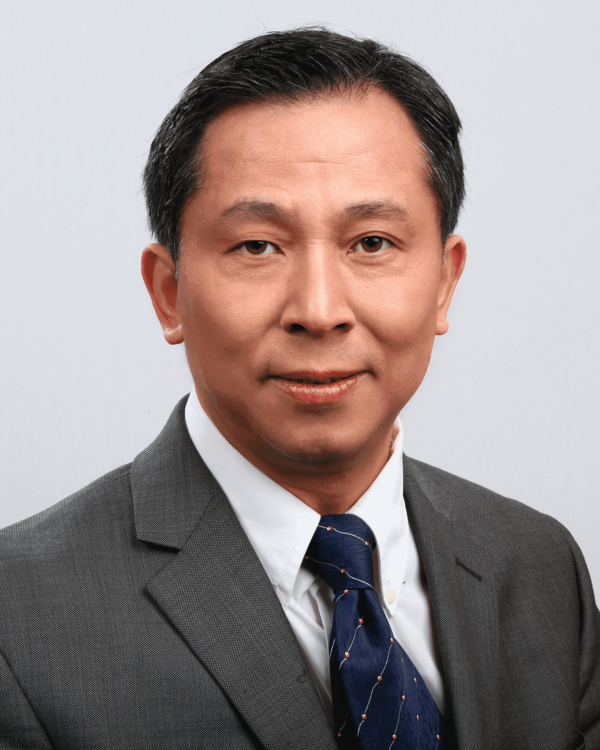Architecting a Comprehensive Enterprise Graph Platform
Dr. Yinglong Xia
Huawei Research America
Abstract
Graph technology has been playing increasingly important roles in various machine learning, data analytics, and resource management domains, thus more and more companies have been adopting/utilizing graph platforms, either on cloud or on premise, to support their business. In this talk, we will investigate various factors that contribute to the success of a graph platform for enterprise use, ranging from graph data organization, runtime scheduling, analytics optimization, to some thoughts on recent graph deep learning frameworks. We will discuss through some concrete examples on how to effectively put together the above building blocks, so as to form a comprehensive graph platform delivering efficient end-to-end performance to meet the requirements in many industrial scenarios. At last, we will brief some recent activities in graph technology community, such as the discussions on its standardization, along with the summary of the challenges and opportunities.
Short Biography
Yinglong Xia is a chief architect at Huawei Research America, working on AI platforms and Graph Engine Service (GES, https://www.huaweicloud.com/en-us/product/ges.html). Prior to that, he was a technical leader and research staff member at IBM Watson Research Center, exploring graph database and reasoning framework, creating the IBM System G (http://systemg.mybluemix.net/) platform. He has solid experience in both industrial research and product development, already published 60+ technical papers and filed 30+ patents. He serves as a technical advisory committee (TAC) member in Linux Foundation, a board member of LDBC, and an associate editor of IEEE trans. Knowledge and Data Engineering (TKDE), and IEEE trans. Big Data (TBD); he is a general co-chair of IEEE HiPC'19, vice co-chair of IEEE BigData'19, TPC member of KDD'19, VLDB'19, and ICDE'19, etc.
Close







